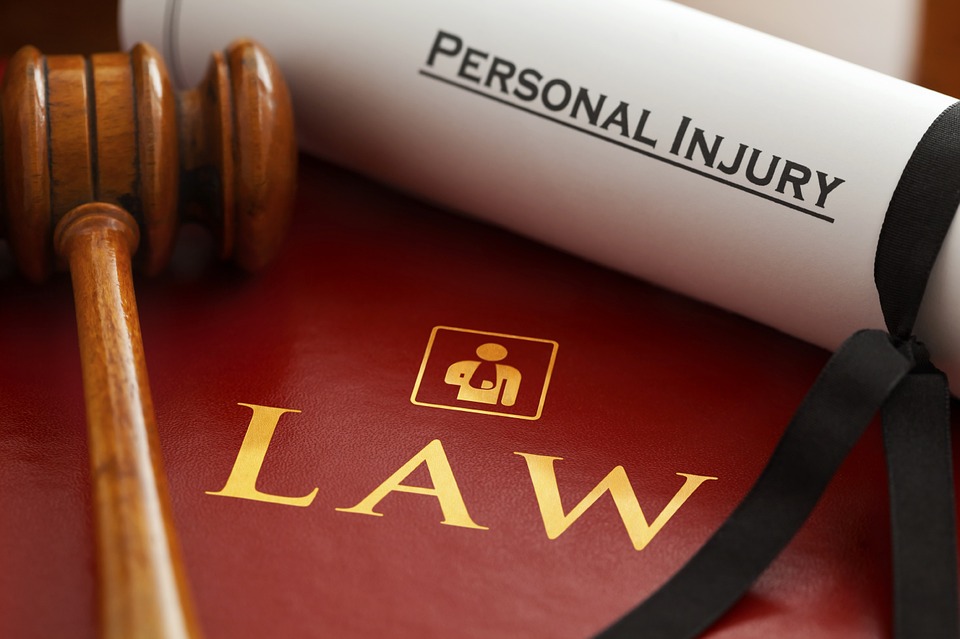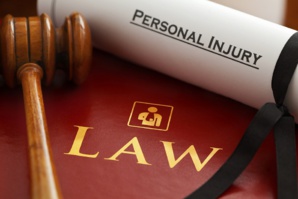Dailycsr.com – 05 January 2017 – The Ministry of Justice’s proposals which could “restrict employees' ability to claim compensation for personal injury and occupational disease” are stirring advocates and unions alike to ring the “alarm bells”.
Moreover, the argument put forth by them also says that restricting the claim on compensation for employees could reduce the safety standards within a workplace. In the month of November 2016, the Ministry of Justice issues a “consultation paper” which outlined the plans of making “whiplash compensation claims less costly to settle”, as well as less eye-catching; whereby the same move has been petitioned by insurers.
As part of the plan, the compensation amount to be claimed would be raised from “£1000 to £5000”. When it comes to the “small claims track”, claimants do not get “legal costs” awards, resulting in the payment of legal costs to take place “out of the sum awarded”. Therefore, it becomes harder to avail “legal advices”, which could lead to the claimants choosing to “unrepresented in court”, while they may also decline from pursuing a “claim” to begin with.
However, HSE reports:
“But while one option under discussion would limit the proposal to claims arising from road traffic accidents, a second option in the consultation would extend the plan to all personal injury claims made under either employers' liability insurance or public liability insurance”.
While, the consultation document considers this step to be “consistent with the government’s aims to disincentivise minor, exaggerated and fraudulent claims and remove unnecessary costs from the claims process. Some local authorities and large commercial organisations receive numerous claims relating to slips and trips.”
Workers could demand for claims if they are affected by “workplace injuries, noise-induced hearing loss, musculoskeletal injuries and claims related to asthma exacerbated by work or even asbestosis”. A spokesman of Slater and Gordon terms the said proposal as “troubling”, while the compensation of “work-relating injury” amounting to “£5000 could be a significant one”. In the spokesman’s words:
"As well as seeking compensation for injured workers, personal injury claims help keep workplaces safe. Under these proposals employers will be encouraged to take even greater risks with their employees’ health and safety, confident they will no longer be taken to court and held to account if anything goes wrong."
"We are urging all trade unions and victim support organisations to make sure they respond to the consultation which very helpfully closes on 6 January.”
References:
www.healthandsafetyatwork.com
Moreover, the argument put forth by them also says that restricting the claim on compensation for employees could reduce the safety standards within a workplace. In the month of November 2016, the Ministry of Justice issues a “consultation paper” which outlined the plans of making “whiplash compensation claims less costly to settle”, as well as less eye-catching; whereby the same move has been petitioned by insurers.
As part of the plan, the compensation amount to be claimed would be raised from “£1000 to £5000”. When it comes to the “small claims track”, claimants do not get “legal costs” awards, resulting in the payment of legal costs to take place “out of the sum awarded”. Therefore, it becomes harder to avail “legal advices”, which could lead to the claimants choosing to “unrepresented in court”, while they may also decline from pursuing a “claim” to begin with.
However, HSE reports:
“But while one option under discussion would limit the proposal to claims arising from road traffic accidents, a second option in the consultation would extend the plan to all personal injury claims made under either employers' liability insurance or public liability insurance”.
While, the consultation document considers this step to be “consistent with the government’s aims to disincentivise minor, exaggerated and fraudulent claims and remove unnecessary costs from the claims process. Some local authorities and large commercial organisations receive numerous claims relating to slips and trips.”
Workers could demand for claims if they are affected by “workplace injuries, noise-induced hearing loss, musculoskeletal injuries and claims related to asthma exacerbated by work or even asbestosis”. A spokesman of Slater and Gordon terms the said proposal as “troubling”, while the compensation of “work-relating injury” amounting to “£5000 could be a significant one”. In the spokesman’s words:
"As well as seeking compensation for injured workers, personal injury claims help keep workplaces safe. Under these proposals employers will be encouraged to take even greater risks with their employees’ health and safety, confident they will no longer be taken to court and held to account if anything goes wrong."
"We are urging all trade unions and victim support organisations to make sure they respond to the consultation which very helpfully closes on 6 January.”
References:
www.healthandsafetyatwork.com


 Restricting Employee Claims On Injury Could Lower The Workplace Safety
Restricting Employee Claims On Injury Could Lower The Workplace Safety





 Companies
Companies